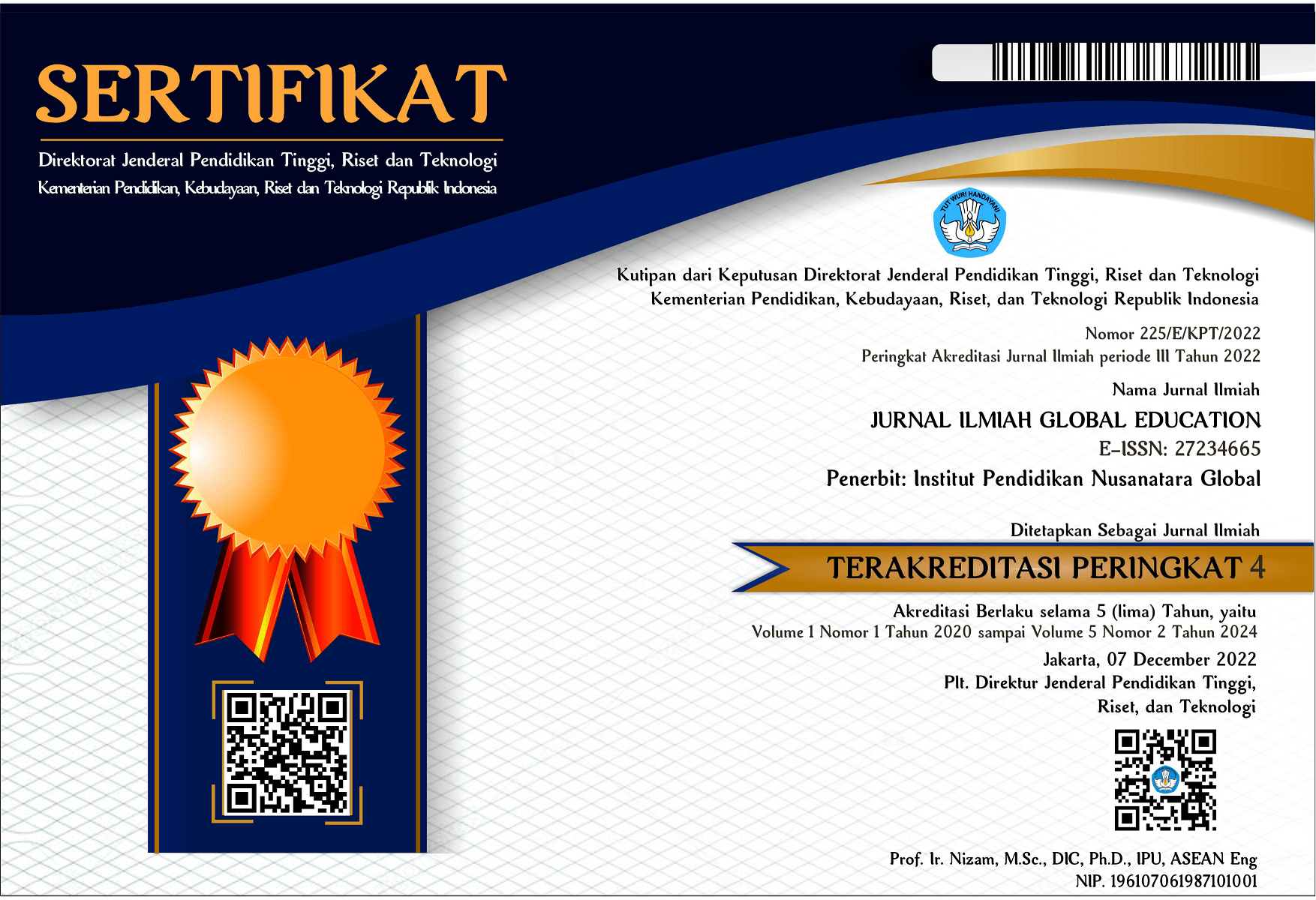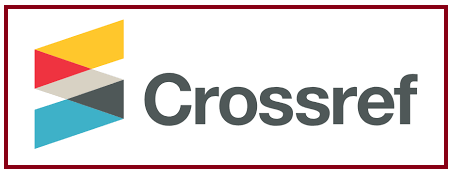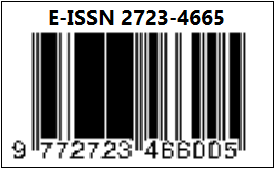EFEKTIVITAS KERJA PEGAWAI PADA BAGIAN PROTOKOL DAN KOMUNIKASI PIMPINAN SEKRETARIAT KOTA AMBON
DOI:
https://doi.org/10.55681/jige.v4i1.577Keywords:
Employee Performance, Regulations, Human ResourcesAbstract
Employee work effectiveness is needed to produce good employee performance in the form of achievement and success in completing tasks. This research is a descriptive research type with a qualitative approach. The research method used by the author is to analyze data regarding the influence of regulations and human resources on employee effectiveness and to analyze the inhibiting factors of employee effectiveness from the two research focuses. The results of the study show that regulation and human resources have an effect on employee effectiveness, where based on these measurements it is known that the effectiveness of employee work in the Protocol and Leadership Communications Section is quite good, although there are several inhibiting factors that need to be addressed. Some of the factors that impede the effectiveness of the work of employees in the Protocol and Leadership Communications Section are the lack of consistency in implementing SOPs in one of the sub-sections, the lack of incentives given to employees, the lack of staff, the lack of operational vehicles, the leaders who are not assertive and some employees who are not disciplined.
Downloads
References
Ajabar, (2020). Manajemen Sumber Daya Manusia, Deepublish, Yogyakarta
Budiharjo M., (2014). Panduan Praktis Menyusun SOP: Standard Operating Procedure, Raih Asa Sukses, Jakarta.
Ekram, I., Tuanaya, W., & Wance, M. (2022). Pemanfaatan Teknologi Informasi dalam Pelayanan Publik Kantor Manunggal Satu Atap Provinsi Maluku. Journal of Governance and Social Policy, 3(1), 1-13.
Hutapea Parulian dan Nuriana Thoha, (2008). Kompetensi Plus: Teori, Desain, Kasus, dan Penerapan Untuk HR dan Organisasi, PT. Gramedia Pustaka Utama, Jakarta
Herizal, H., Mukhrijal, M., & Wance, M. (2020). Pendekatan akuntabilitas pelayanan publik dalam mengikuti perubahan paradigma baru administrasi publik. Journal of Governance and Social Policy, 1(1), 24-34.
Larasati Sri, (2018). Manajemen Sumber Daya Manusia, Deepublish, Yogyakarta
Revida Erika, dkk, (2022). Manajemen Kinerja SDM, Yayasan Kita Menulis, Medan
Siyoto Sandu dan M. Ali Sodik, (2015). Dasar Metodologi Penelitian, Literasi Media Publishing, Yogyakarta.
Selanno, H., & Wance, M. (2021). Performance Of Inspectorate In Supervision Of Government Administration In Buru Selatan Regency. Sosiohumaniora, 23(2), 189-157.
Sutrisno Edy, (2017). Manajemen Sumber Daya Manusia Cetakan IX, Kencana, Jakarta
Tersiana Andre, (2018). Metode Penelitian, Anak Hebat Indonesia, Yogyakarta
Undang-Undang Republik Indonesia Nomor 5 Tahun 2014, tentang Aparatur Sipil Negara
Wijaya Candra, (2020). Keefektifan Kerja: Analisis Perspektif Perilaku Individu dalam Organisasi Pendidikan, Kencana, Jakarta
Wijayanto Dian, (2012). Pengantar Manajemen, PT. Gramedia Pustaka Utama, Jakarta
Wance, M. (2022). Kualitas Pelayanan Pengelolaan Sampah Masyarakat Di Kota Ambon. Jurnal Multidisiplin Madani, 2(2), 587-598.
Wance, M. (2019). Evaluasi Pelayanan Kinerja pada Badan Kesatuan Bangsa dan Politik Kota Ternate Tahun 2017. Kolaborasi: Jurnal Administrasi Publik, 5(1), 46-62.
Zacharias Tehubijuluw, dkk, (2019). Metode Penelitian Sosial: Teori dan Aplikasi, Uwais Inspirasi Indonesia, Ponorogo
Downloads
Published
How to Cite
Issue
Section
License
Copyright (c) 2023 JURNAL ILMIAH GLOBAL EDUCATION

This work is licensed under a Creative Commons Attribution-ShareAlike 4.0 International License.













